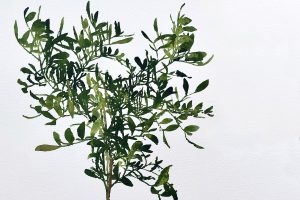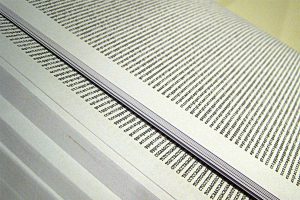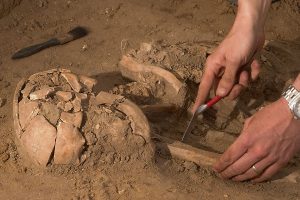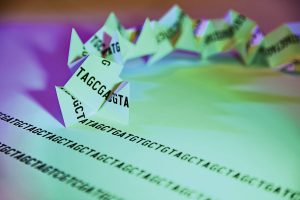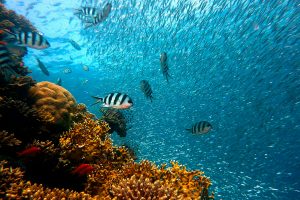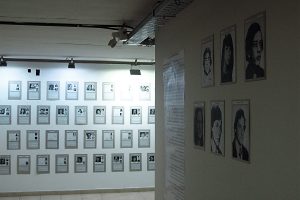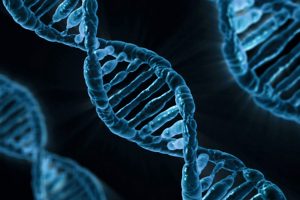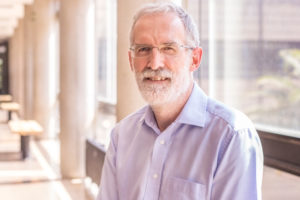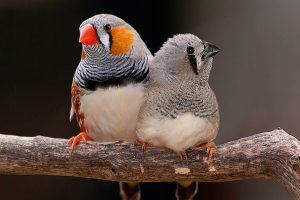Search
This monograph analyses the possibility of cultivating plants outside our planet Earth; presents advances in genome editing such as those that have allowed my laboratory to obtain seedless tomatoes; assesses strategies that should lead to more plentiful harvests using fewer resources; and explains biotechnological strategies to strengthen plants’ immune systems or to use them as biofactories in which we can harvest molecules of health or nutrition interest. Will that be enough? Will we make it in time?
Coding DNA is that which contains the genes that produce protein within the genome, while non-coding DNA can be formed by genes that produce different types of RNA, but they do not translate into proteins.
Technological advances in the study of our genome now allow us to infer whose remains have been found, for example, at a mass grave or an anonymous tomb, and to extrapolate where they lived, their physical appearance, or their family origin.
Archaeology and anthropology have played an important role in identifying World War I soldiers. In this process of identification, the involvement of forensic or conflict archaeologists and forensic anthropologists has played an invaluable role to provide a dignified burial to those who fell for their country.
Can humans control the future evolution of our species? Based on current knowledge in genetics, one can infer and extrapolate what may happen in the near future. After all, if we are to predict the future, we must first understand the foundations of our present.
In modern ecology, the traditional diversity indices (usually of richness, abundance, and species evenness) have been highly revealing and useful for monitoring community and ecosystem processes.
Forensic genetics brings together all the genetic knowledge required to solve specific legal problems. In recent decades new techniques have shown the potential of DNA as a profiling system.
Communication is essential in all areas of society, but communication in science is inescapable. Communicating means sharing, showing, teaching, and transferring knowledge both to colleagues and to society in general.
Professor of the Department of Animal and Plant Science of the University of Sheffield.
Comparing the role FOXP2 plays in humans and other animals is starting to reveal common principles that may have provided building blocks for language evolution.

